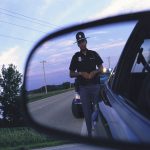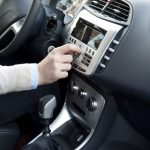
It appears to be safe for people with implantable heart devices such as pacemakers and defibrillators to go through body scanners at airport security checkpoints, researchers say. Body scanners are becoming increasingly common worldwide. But some people are concerned that they may be a source of electromagnetic interference (EMI) that could disrupt implantable devices used to treat abnormal heart rhythm (arrhythmia). Patients with these devices are advised to limit their exposure to certain technologies, including metal detectors, magnets and MRI scans. The study authors surveyed 1,000 patients with pacemakers, defibrillators and other cardiac implantable electronic devices (CIEDs). Eighty percent expressed concern about passing through airport body scanners. Researchers then analyzed more than 1,000 body scans of people with CIEDs. The scans did not affect functioning of the heart devices, and no CIEDs were detected by the scanners. The study, to be presented this Friday at the Heart Rhythm Society’s annual meeting in San Francisco, is the first to examine body scanners’ impact on CIEDs. Research presented at meetings is typically considered preliminary until published in a peer-reviewed journal. “We were surprised to learn that so many patients expressed concerns about the functionality of their devices while traveling. We wanted to help put their minds at ease by testing the potential interference body scanners could have on common devices like pacemakers and defibrillators,” lead author Dr.… read on >




















-300x200.jpg)













